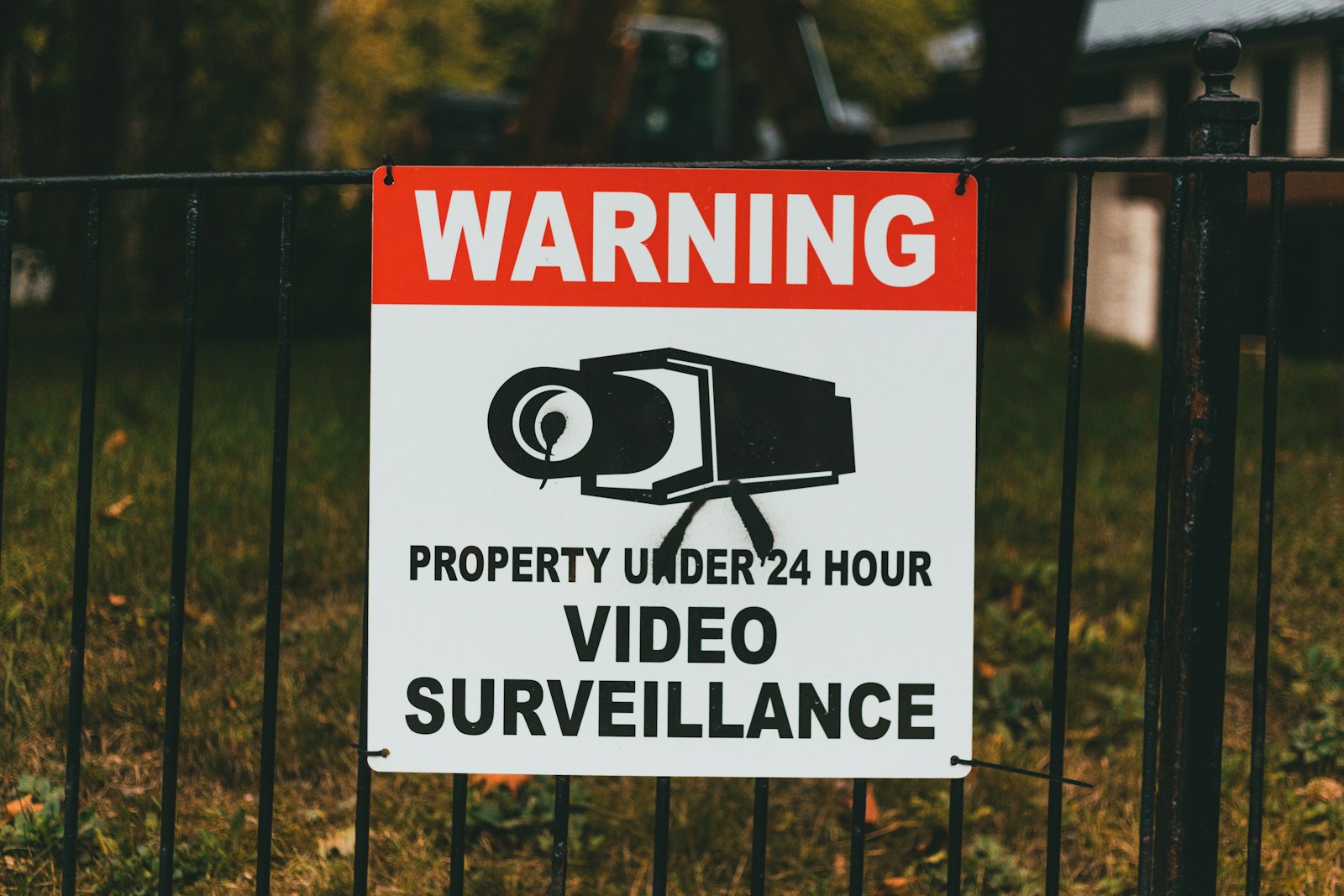
Buying a used car can be a savvy financial decision, but it comes with risks. Identifying red flags can help you avoid a potentially costly mistake. Here are ten warning signs to watch for when purchasing a pre-owned vehicle.
1. Unusual Noises
Pay attention to any strange sounds during the test drive. Knocking, grinding, or squealing noises could indicate serious mechanical issues. Listen for sounds from the engine, brakes, or suspension that may require costly repairs.
2. High Mileage
A vehicle with excessively high mileage may be prone to more maintenance issues. The National Highway Traffic Safety Administration (NHTSA) suggests that cars with over 100,000 miles may require significant repairs, affecting long-term reliability.
3. Uneven Tire Wear
Inspect the tires for uneven wear patterns. This can suggest alignment issues, suspension problems, or a lack of regular maintenance. Addressing these issues can be expensive and may indicate the vehicle’s overall condition.
4. Rust and Corrosion
Check for visible rust on the body and undercarriage. Rust can compromise the vehicle’s integrity and lead to costly repairs. Even minor rust spots can be an indication of larger problems under the surface.
5. Inconsistent Vehicle History
Request a vehicle history report to verify the car’s past. Inconsistencies, such as discrepancies in reported mileage or a history of accidents, can signal hidden issues. Resources like Carfax and AutoCheck can provide crucial insights.
6. Poor Maintenance Records
A well-maintained car should have records of regular service. Lack of documentation may indicate neglect. Verify that routine maintenance, including oil changes and inspections, has been performed according to manufacturer recommendations.
7. Warning Lights
Check the dashboard for warning lights that remain illuminated after starting the engine. This could indicate unresolved issues with the engine, brakes, or other vital systems. Addressing these problems can be expensive and time-consuming.
8. Smells and Odors
Unpleasant odors, such as mold or burnt oil, can indicate underlying issues. A musty smell might suggest water damage, while a burning odor could indicate electrical problems. Trust your nose; these smells often signal costly repairs.
9. Title Issues
Ensure the title is clear and free of liens. A salvage title may indicate that the vehicle has been declared a total loss by an insurance company. Purchasing a car with a salvage title can lead to difficulties in registration and insurance.
10. Seller Hesitation
If the seller is evasive or hesitant to provide information, it may be a red flag. A trustworthy seller should be willing to share details, including the vehicle history and maintenance records, to instill buyer confidence.
Conclusion
When buying a used car, it’s crucial to be vigilant about these red flags. Conduct thorough research, request a vehicle history report, and consider having the car inspected by a trusted mechanic. Remember, a cautious approach can save you from costly pitfalls in the long run.



